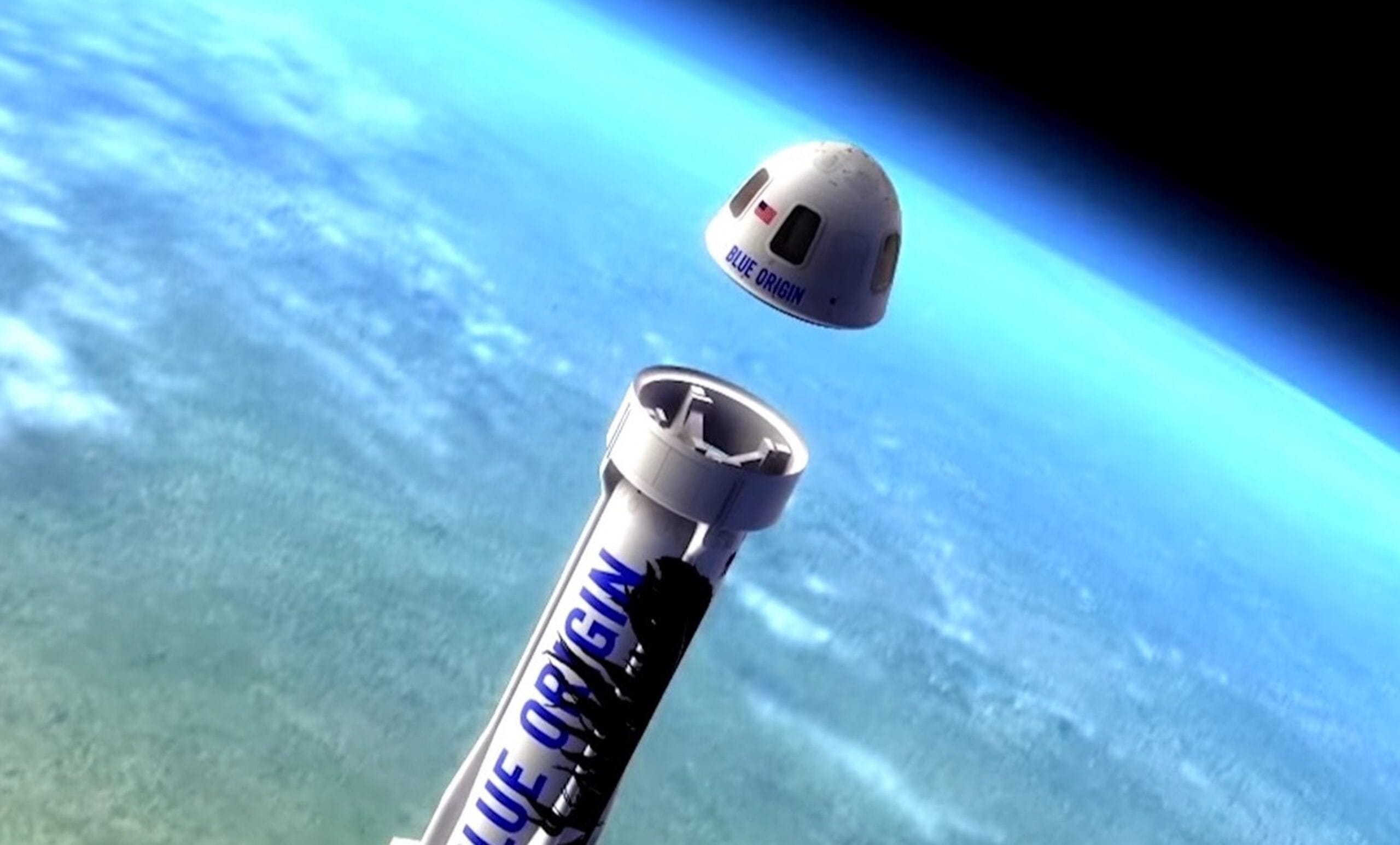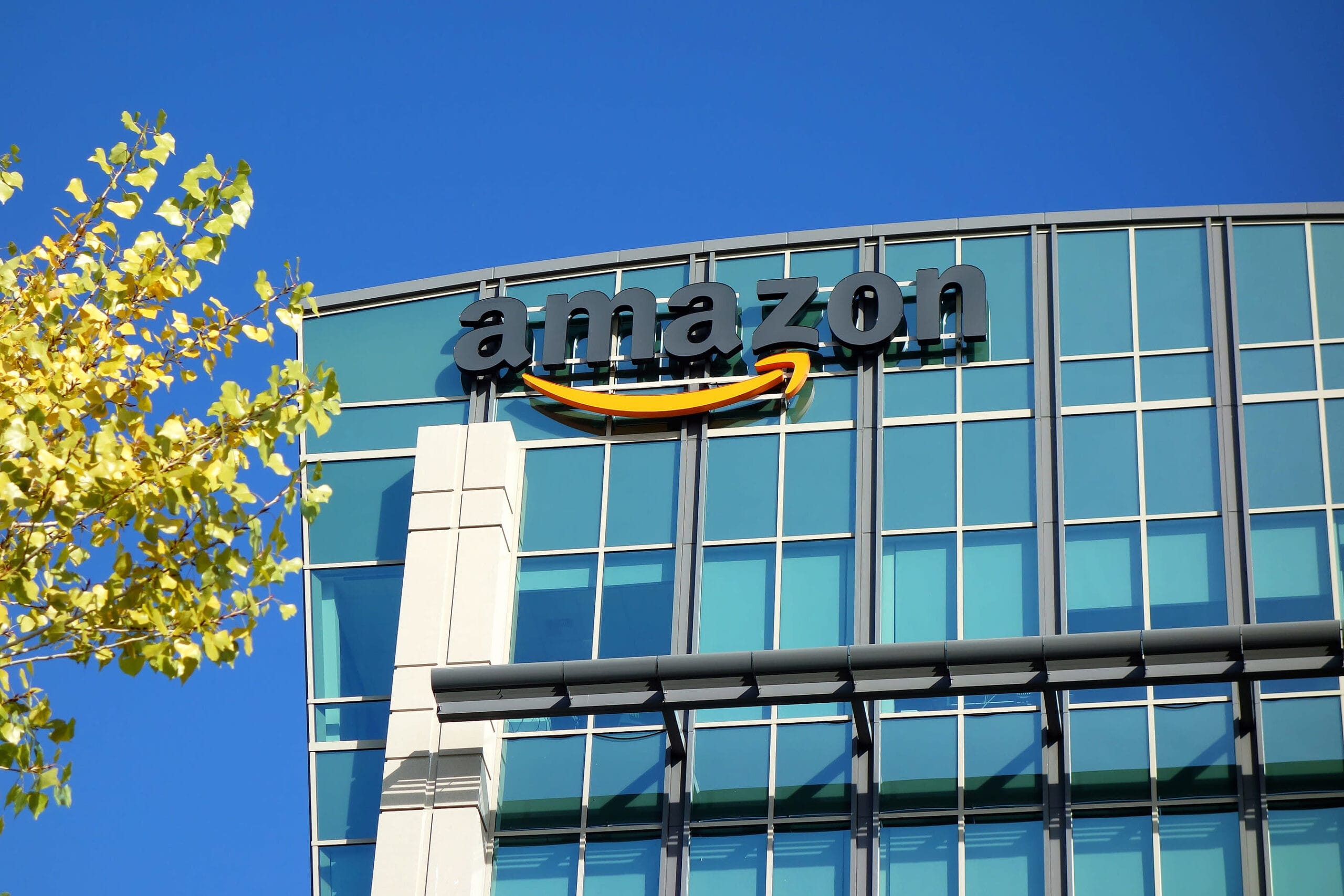The space industry has witnessed a significant shift in recent years, with private companies like Blue Origin and SpaceX taking the lead in innovation and exploration. At the forefront of this revolution are Jeff Bezos and Elon Musk, two visionaries with distinct approaches to space travel and humanity’s future.
Jeff Bezos, the founder of Amazon, has been quietly building Blue Origin, his private aerospace manufacturer and spaceflight services company. Founded in 2000, Blue Origin has been working on developing a suborbital launch system, New Shepard, and an orbital launch vehicle, New Glenn. Bezos has stated that his goal is to create a future where millions of people live and work in space, with the ultimate aim of preserving humanity’s existence.
Bezos’ vision for space is centered around the idea of “incremental progress.” He believes that by taking small, incremental steps, humanity can build a robust and sustainable presence in space. Blue Origin’s focus on developing reusable rockets and spacecraft is a testament to this approach. The company’s New Shepard system, for example, has successfully demonstrated the ability to launch a crew capsule to the edge of space and return safely to Earth.
Elon Musk, on the other hand, has been making headlines with his ambitious plans for SpaceX. Founded in 2002, SpaceX has been at the forefront of private space exploration, with numerous achievements, including being the first privately funded company to send a spacecraft to the International Space Station. Musk’s vision for humanity’s future in space is more aggressive, with a focus on establishing a permanent, self-sustaining human presence on Mars.
Musk’s approach to space exploration is centered around the idea of ” acceleration.” He believes that humanity must take bold steps to establish a presence in space, rather than incremental progress. SpaceX’s Starship program, for example, aims to develop a reusable spacecraft capable of taking both people and cargo to the Moon, Mars, and other destinations in the solar system.
While their visions may differ, both Bezos and Musk share a common goal: to ensure the survival and prosperity of humanity. They believe that by becoming a multi-planetary species, humanity can safeguard its existence against global catastrophes, such as asteroid impacts or supervolcanic eruptions.
The competition between Blue Origin and SpaceX has driven innovation and pushed the boundaries of space technology. Both companies have made significant advancements in areas such as reusable rockets, spacecraft design, and propulsion systems. This competition has also sparked a new wave of interest in space exploration, inspiring a new generation of scientists, engineers, and entrepreneurs.
However, the path to establishing a human presence in space is fraught with challenges. Both Bezos and Musk face significant technical, financial, and regulatory hurdles. The development of reliable and efficient propulsion systems, for example, remains a significant challenge. Additionally, the cost of accessing space remains prohibitively expensive, making it difficult for private companies to sustain long-term investment.
Despite these challenges, Bezos and Musk remain committed to their visions. They have invested significant personal wealth in their respective companies and have attracted top talent from around the world. Their leadership has inspired a new generation of space entrepreneurs, and their companies have created new opportunities for innovation and collaboration.
In conclusion, the quiet competition between Bezos and Musk is driving innovation and shaping the future of humanity in space. While their visions may differ, both leaders share a common goal: to ensure the survival and prosperity of humanity. As the space industry continues to evolve, it will be interesting to see how these two visionaries shape the course of human history.



